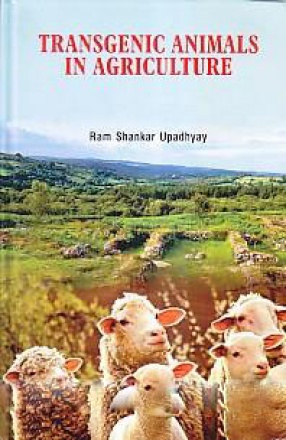
Zoroastrianism

30 books

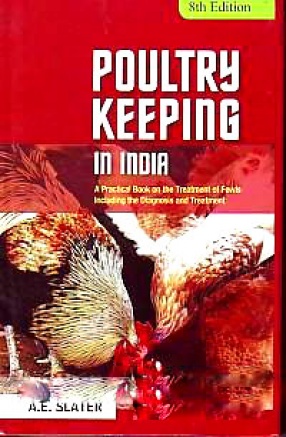
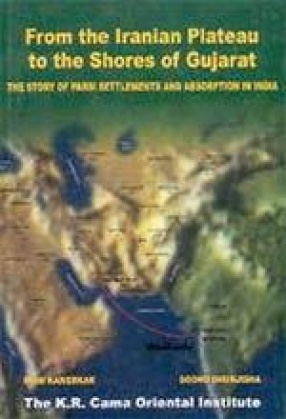
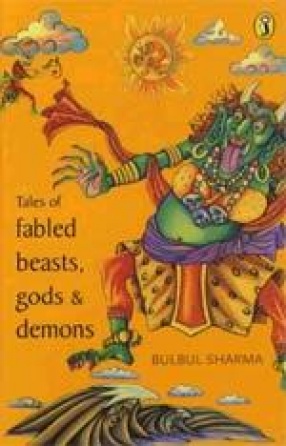
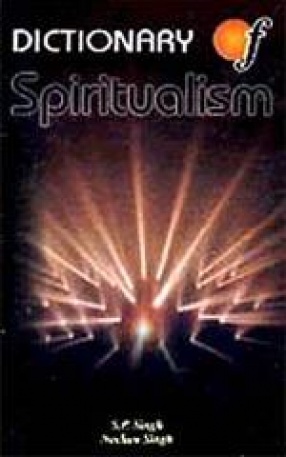

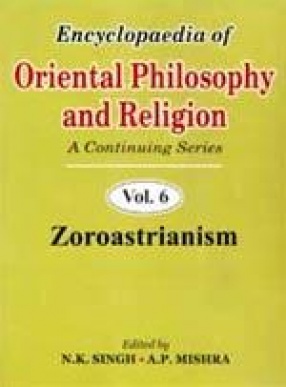
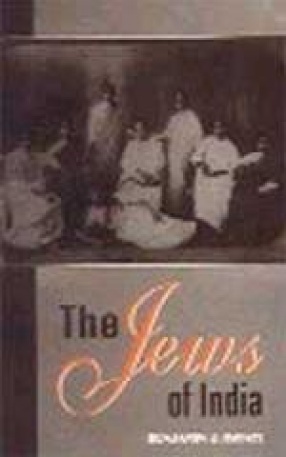
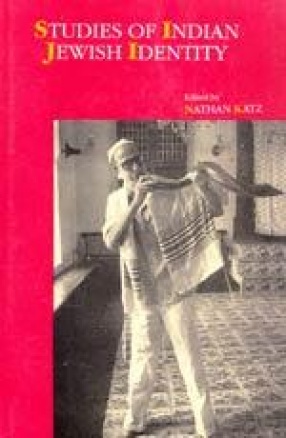
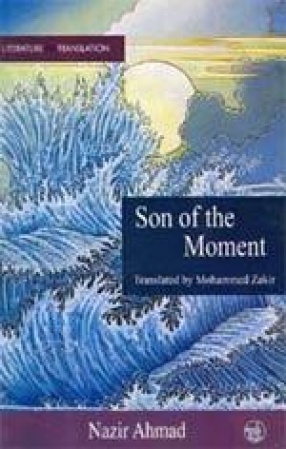



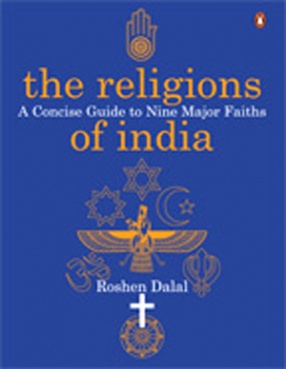
The Religions of India contains, in a single volume, a comprehensive account of every major faith practised in the country today—Hinduism, Islam, Sikhism, Christianity, Buddhism, Jainism, Zoroastrianism, Judaism, and the Bahai faith.This meticulously researched work traverses a vast range of topics—from the Somnatha temple and the Babri Masjid to Tirthankaras and the Akali movement; from the Shariat and the Eucharist to Shabuoth and nirvana; from the ...



Tales of Fabled Beasts, Gods & Demons is a highly entertaining collection of stories drawn from Indian myths and legends. Meet Kumbhakaran, Ravana’s brother, whose daily diet consists of one thousand plates of vegetable curry, two thousand bowls of chicken, three thousand platters of kheer, five hundred live goats, five hundred baskets of raw fish, two hundred whole banana trees, mountains of rice and a hundred huge barrels of wine. Among ...


The very term spiritualism evokes a sense of unity that can be visualised in sustaining the very existence of human beings on the planet earth. Man is, by no means an ideal creature. He needs to be defined and redefined. Spiritualism helps to understand that the only knowledge that is of any value is to know that all worldly knowledge and activity is deceptive. The compilation concentrates on giving a fairly comprehensive overview of technical terms of Sanskrit ...
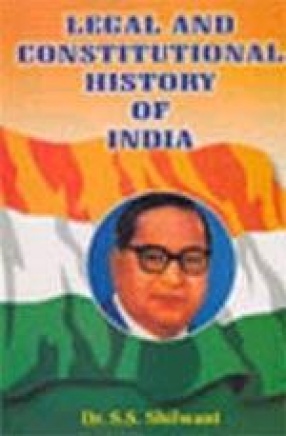

In the beauty of an ancient artifact, in the majesty of a monument from a distant past, we sense the living, vibrant soul of people who still have much to teach us today despite all of our technological and material gains, we long for the spiritual strength and grace that was theirs. Ancient Teachings for Spiritual Growth is a detailed and intense course in psychic development and spiritual growth with exercises and experiments designed to lead you to your full ...
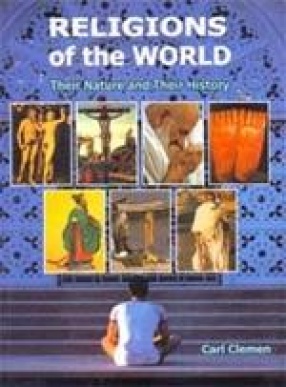
The main purpose of this work is to provide the general reader with an account of the history of the various religions of the world. The writers have therefore tried to avoid all unnecessary technicalities of expression, and have refrained from enlarging on unessential details. They have preferred to confine themselves to the main features of the various religions, and have emphasized chiefly those aspects of them which are really important for their adherents. ...
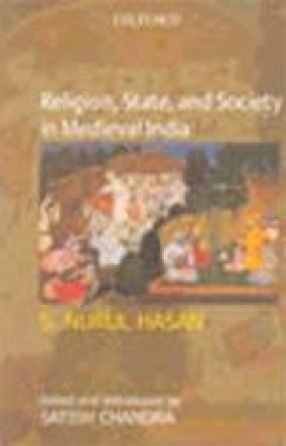
"S. Nurul Hasan played an important role in giving a new direction to history writing in India immediately before and after independence. This book brings together essays spanning a distinguished, often pioneering, career of a leading academician. Reflecting the evolution of his ideas on medieval Indian history, they demonstrate the diversity and versatility of Hasan's works and his multi-disciplinary approach to the study of history. The section on ...



From the beginning of history, religion and philosophy has been admittedly the most vital force in shaping the civilization at various developmental stages. Although many scholars have worked on the history of oriental religio-philosophical tradition, but no such complete and comprehensive work on this subject is available to us. Keeping this in mind, we are planning to publish this multi-volume Encyclopaedia of Oriental Philosophy and Religion in four phases ...

Though many may not be aware of this, India has had resident Jewish communities for more than a millenium. Regular visits by Jewish merchants and sailors from West Asia go back two millenia and more. This book tells the story of the three strands of Indian Jews the 'Baghdadis', their inter-relations and interactions, both among themselves and with the Hindu and Muslim communities among which they lived and worked in peace and harmony. Never numerous, the number ...
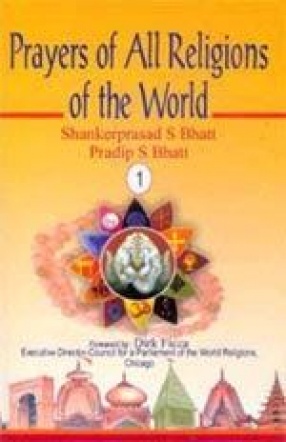
This book emphasizes origin of each and every religions of the world and narrates their origins, describes attributes of the founders, states main principles, scriptures, pilgrimage centres, goals, ritualistic system and ethics of each religion and narrated more than twenty-five prayers on various topics of every religion like Hinduism, Buddhism, Jainism, Sikhism, Parsees, Islam, Behai House of worship, Judaism, Native Americans, African Americans, Christianity ...


This book about Indian Jewish identity is an attempt 'self definition'. It raises basic questions like - who the Jews of India are, are they Jewish or Indian? It then proceeds to answer them by delving deep into cultural mechanisms by which India's Jews came to define themselves and how they were defined by other. In doing this it explores the conditions by which a group's identity is established and maintained. How it responds to changing conditions and ...

In the charged atmosphere of the Mutiny (1857), an English officer, Noble Sahib, and a Muslim gentleman, Ibn-ul-Vaqt, are brought together under remarkable circumstances. Noble Sahib persuades Ibn-ul-Vaqt to remove the estrangement between the English and his community by adopting the English lifestyle and thus, draw his tradition-bound compatriots to a more progressive way of life. The consequences that follow are not what they had envisioned.


This is not a complete autobiography. It is a one-sided, highly subjective account of my search for spiritual understanding and an answer to the question, "Is there anything like enlightenment?" The friends that I have known during my life have all affected me in different ways, some shared my quest and others have had little interest in my so-called inner life. Two teachers who by coincidence have the same given name, J. Krishnamurti and U.G. ...
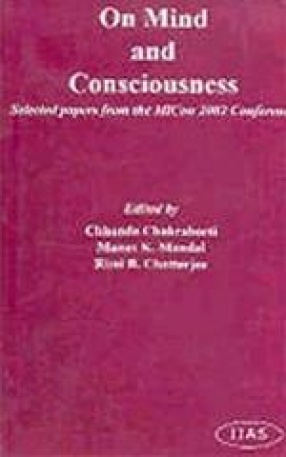
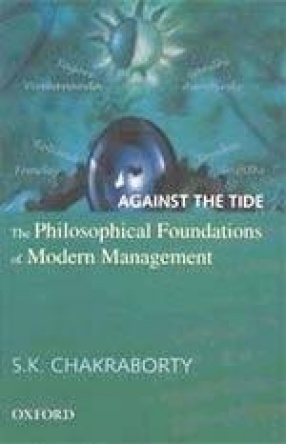
In this collection, S.K. Chakraborty dwells on the east-west distinction in worldviews. The essays are reflective and deliberate upon philosophical differences and attitudes of thinkers that have shaped the behaviour of the common man, both in and out of the workplace. In this context Chakraborty discusses the thoughts and ideas of four modern Indian thinkers (Tagore, Vivekananda, Gandhi, and Aurobindo) and four western thinkers (Griffiths, Toynbee, Rolland, and ...
